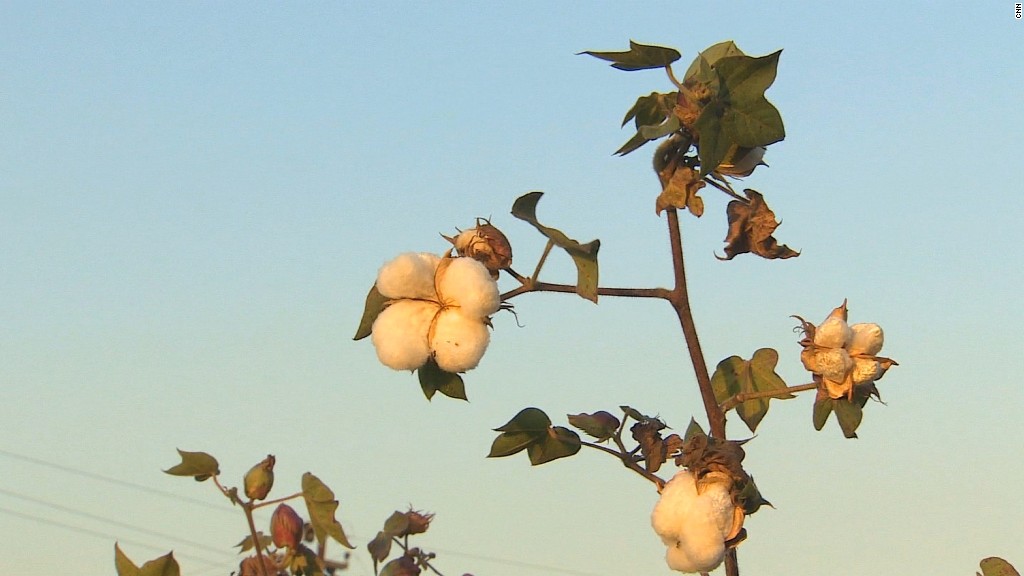
India's central bank has put the country's lumbering state-backed financial institutions on notice.
The Reserve Bank of India has authorized 11 companies to launch so-called payments banks, in a move that is likely to shake up the country's banking sector.
Payments banks, according to official regulations, can only accept deposits up to 100,000 rupees ($1,530). They aren't allowed to issue credit cards, or grant loans, and are required to primarily invest their deposits in government bonds.
But they will also not operated by traditional banks. Instead, the licenses have been given to telecom companies, the postal department and a couple of the country's top conglomerates.
India has lagged behind some of its developing peers when it comes to expanding access to financial institutions. As of last August, more than 65% of adult Indians had no access to formal banks.
Prime Minister Narendra Modi has made financial inclusion one of his top priorities -- especially in rural areas. To jump start the effort, his government is promoting the use of mobile payment systems, which are already very popular in Africa.
Related: India-born CEOs are taking the U.S. by storm
The new payments banks should also help. Industry experts say the initiative will unleash competition by compelling traditional banks to offer low-cost accounts, and forge partnerships with new players in the market.
"It is about bringing half a billion Indians to the mainstream of economy," said Vijay Shekhar Sharma, CEO of e-commerce company One97, and one of the 11 firms granted a payments bank license.
Sharma, who also runs a digital wallet service, plans to emphasize mobile. "We will leverage the rising number of mobile users," he told The Times of India.
Related: India will have more people than China by 2022
According to Finance Minister Arun Jaitley, non-lending banks will not only raise savings rates, but also help other regular banks penetrate deeply into rural India.
"Payments banks will ensure more money comes into the banking system," he said. "Various banks are looking at increasing their rural reach, including big banks ... and payments banks will help them realize this."
The central bank also struck a note of encouragement, suggesting that more payments banks could soon be authorized.
"The Reserve Bank of India believes that some of the entities who did not qualify in this round, could well be successful in future rounds," it said in a statement.


